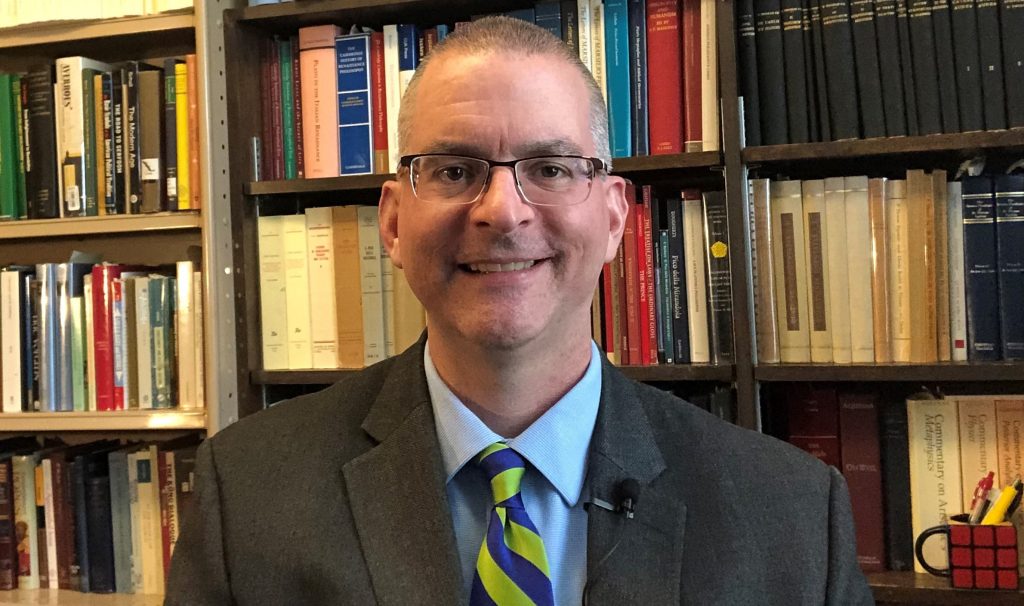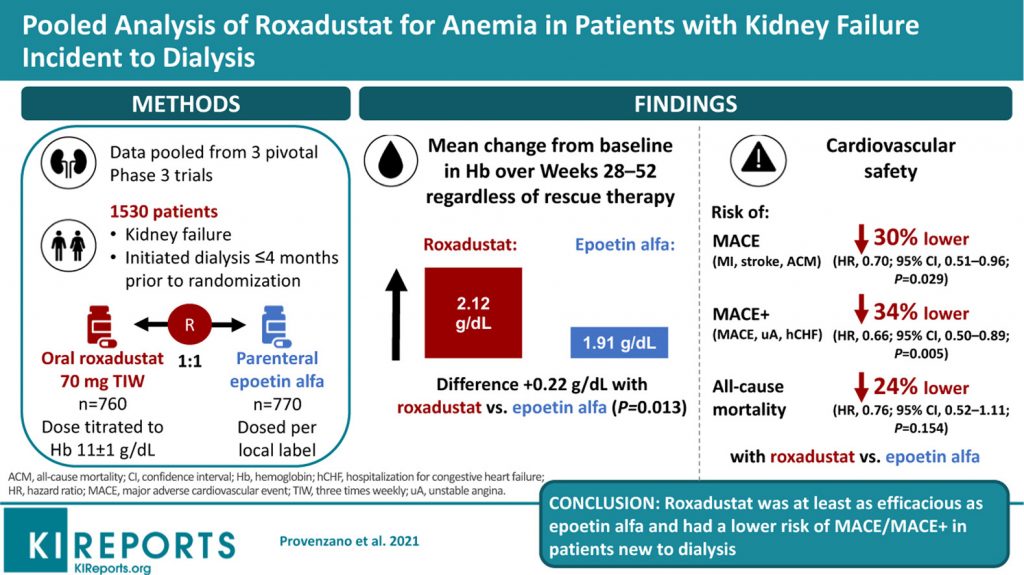Mahin Khatami, a former researcher with the U.S. National Institutes of Health who has argued in print that cancer results from ‘dark energy’ and that the government and the pharmaceutical industry are collaborating in ‘scientific/medical Ponzi schemes’ to keep people sick, has lost a paper to retraction.
As we reported last fall, Robert Speth, a pharmacy science researcher at Nova Southeastern University in Ft. Lauderdale, Fla., has been urging Clinical & Translational Medicine (CTM) to retract Khatami’s articles — and one in particular — for what is now more than two years.
In mid-October a spokesperson for Wiley, which publishes the journal, told us that she was trying to get more information from the editors about why Khatami’s bizarre paper was acceptable material.
Continue reading Paper by former NIH researcher alleging ‘Ponzi schemes’ by government, pharma retracted








